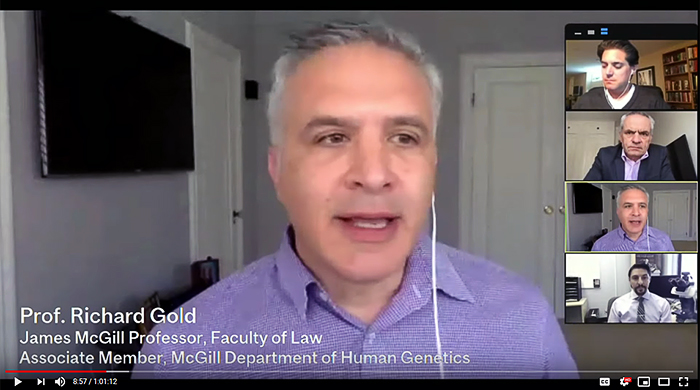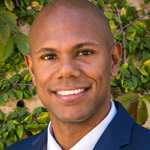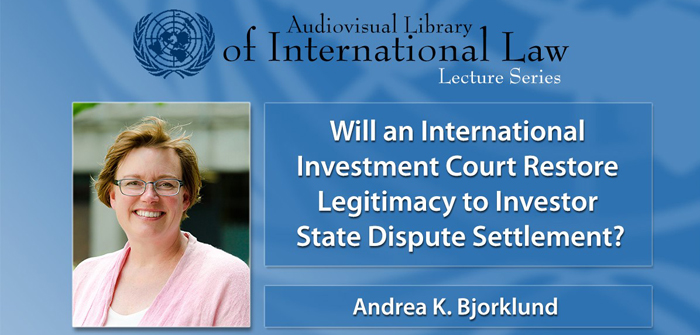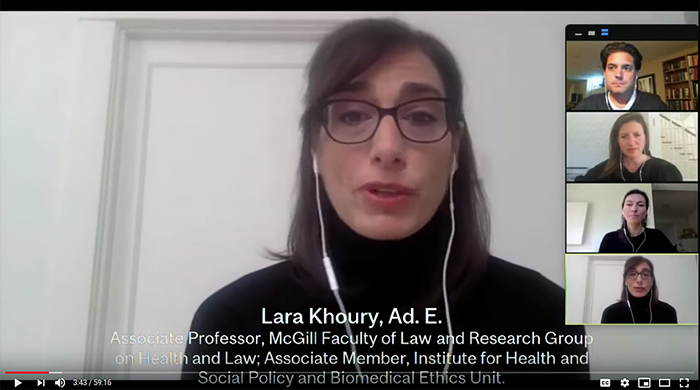Déclaration contre le racisme systémique par le Comité d’équité de la Faculté; les professeurs Daniel Weinstock, Richard Janda, Richard Gold, Lara Khoury, Alana Klein, Allison Christians et Pearl Eliadis partagent leur expertise sur une pluralité d’enjeux juridiques découlant de la crise sanitaire actuelle; le professeur Mugambi Jouet décrit le fossé qui divise les Américains sur des questions fondamentales; la professeure Andrea Bjorklund parle d’une cour qui interviendrait lors de disputes en investissements internationaux; l’IDAS lance un site qui traque les restrictions sur le voyage aérien; et plusieurs membres de la Faculté célèbrent de récentes réussites professionnelles.
Faculty Milestones
|
Declaration on Systemic Racism
The Faculty of Law’s Equity Committee has released a statement on systemic racism: “The McGill Faculty of Law Equity Committee stands in solidarity with the anti-racism protests occurring in Canada, the U.S. and internationally in the wake of the tragic murder of George Floyd. Over-policing, racial profiling and the use of fatal force against Black and Indigenous individuals are part of a long history of brutal and inequitable treatment by law enforcement officers. These violent encounters are not confined to the U.S.; pervasive Anti-Black racism and racism against Indigenous people also characterize the Canadian criminal justice system, rooted in legacies of slavery and colonialism.” Keep reading…
Exceptional America. What Divides Americans from the World and from Each Other
Dans son ouvrage publié en avril 2019, le professeur Mugambi Jouet s’intéresse à la division entre les Américains sur des questions fondamentales, telles que la répartition de la richesse, les soins de santé, le changement climatique, l’évolution, les rôles de genre, l’avortement, les droits de la personne et l’incarcération de masse. En apprendre davantage.
Will an International Investment Court Restore Legitimacy to Investor State Dispute Settlement?
UN Audiovisual Library of International Law – June 2020
The United Nations Audiovisual Library of International Law provides free, high quality international law training and research materials. In this audio episode, Professor Andrea Bjorklund discusses the pros and cons of establishing an International Investment Court. Hear her talk on SoundCloud.
 Learning to Adapt Our Innovation System Post-COVID-19
Learning to Adapt Our Innovation System Post-COVID-19
Richard Gold, CIGI online, 8 June 2020
“An epiphany I’ve had as a result of the COVID-19 pandemic is that change that seemed impossible just last year is, today, possible. Shopify’s recent adoption of a telework model to replace the office, the quick adaptation to online teaching in schools and universities, and the realization that most face-to-face meetings can be replaced by email or Zoom video conferences are only a few examples of the impossible becoming achievable. If we have been able to so easily change those aspects of our lives that hardly seemed to need change, can we hope to fix a problem — our innovation system — that desperately needs it?” Keep reading…
Autres apparitions médiatiques
- “Open science in the age of COVID-19,” Canadian Open Neuroscience Platform News, 25 May 2020
 De l’éthique de la distanciation sociale
De l’éthique de la distanciation sociale
McGill dans la ville, 20 mai 2020
Dans le cadre d’une série d’entretiens sur la COVID-19 réalisés auprès d’experts mcgillois, Daniel Weinstock discute de droits individuels et de bien commun en période de pandémie. Lire l’entretien – Read the original interview in English.
Autres apparitions médiatiques
- Dans « À la recherche du jugement perdu », publié le 5 juin 2020 dans La Presse, le professeur Weinstock a nuancé la « docilité » attribuée aux Québécois lors du confinement.
- En entretien à Philodio en mai 2020, l’émission de la Revue philosophique, il s’est prononcé sur le rapport entre philosophie politique et éthique de la santé publique dans le contexte de la crise sanitaire. Écouter le balado.
 Covid-19 et application de traçage
Covid-19 et application de traçage
Radio-Canada, 18 mai 2020
En entrevue à Radio-Canada, le professeur Richard Janda s’est prononcé sur les enjeux juridiques sous-tendant le projet québécois d’application mobile de traçage, qui a pour objectif d’évaluer les risques d’infection à la COVID-19, toujours en développement à Montréal. Écouter l’entrevue.
Autres apparitions médiatiques
- Professor Janda also commented the privacy stakes of the contact-tracing app in an interview with CBC’s Spark, 1 may 2020.
- Professor Janda co-authored “The need for privacy with public digital contact tracing during the COVID-19 pandemic,” in The Lancet, 2 June 2020.
[Webcast] Power, people and the pandemic: the legal sides of COVID-19
McGill Checks In, 21 May 2020
Governments are taking unprecedented steps to deal with the COVID-19 crisis, but how far can – and should — they go to protect us? What is the optimal balance between protecting public health, reacting to rapidly changing scientific knowledge, and maintaining citizens’ trust? Professors Lara Khoury and Alana Klein as well as alumna Professor Marie-Eve Couture-Ménard, DCL’14, are undertaking research into these questions and other issues, supported by McGill’s MI4 Emergency COVID-19 Research Funding. Watch the webcast.
[Webcast] Breaking down silos: How COVID-19 is changing how the world does science
McGill Checks In, 7 May 2020
 Professor Richard Gold took part in a live discussion with two other McGill experts, in which they examined the many ways in which the coronavirus pandemic has changed approaches to scientific discovery and spawned new global collaborations among universities, government and the private sector. Watch the webcast.
Professor Richard Gold took part in a live discussion with two other McGill experts, in which they examined the many ways in which the coronavirus pandemic has changed approaches to scientific discovery and spawned new global collaborations among universities, government and the private sector. Watch the webcast.
Other media appearances
- L’accessibilité d’un futur vaccin au cœur de débats internationaux, La Presse, 15 mai 2020
- The pandemic paradox: Canadians asked to go out and face threat that kept them inside for weeks, CBC News, 7 May 2020
 It’s Time for Pillar 3: A Global Excess Profits Tax for COVID-19 and Beyond
It’s Time for Pillar 3: A Global Excess Profits Tax for COVID-19 and Beyond
Allison Christians and Tarcisio Diniz Magalhaes, Tax Notes, 1 May 2020
Professor Christians and Post-Doctoral Researcher Magalhaes consider proposals to rebuild revenue coffers using excess profits taxes during the COVID-19 pandemic and argue that, owing to emerging global tax data, norms, and governance structures, a global excess profits tax has better prospects than a series of unilateral measures. Read the article.
Other media appearances
- Professor Christians also discussed her Global Excess Profits Tax in a podcast with Tax Notes.
- New paper by Professor Christians: “Taxation in the Age of Smart Contracts: The CryptoKitty Conundrum“, 16 Ohio State Technology Law Journal 91, 2020
Opinion : The dangers of governing by decree
Pearl Eliadis, Montreal Gazette, 21 April 2020
“One of the things that makes democracies democratic is legislative oversight. In Quebec, however, we are being governed by executive decree. According to an April 8 Ipsos-Reid poll, Canadians overwhelmingly support strong measures to combat COVID-19. But the time is fast approaching when we should be asking hard questions about how much longer these extraordinary powers should continue unchecked.” Keep reading…
Other media appearances
- Adjunct Professor Pearl Eliadis also published “The coronavirus is costing us more than just our health and economy” in The Conversation, 6 May 2020.



